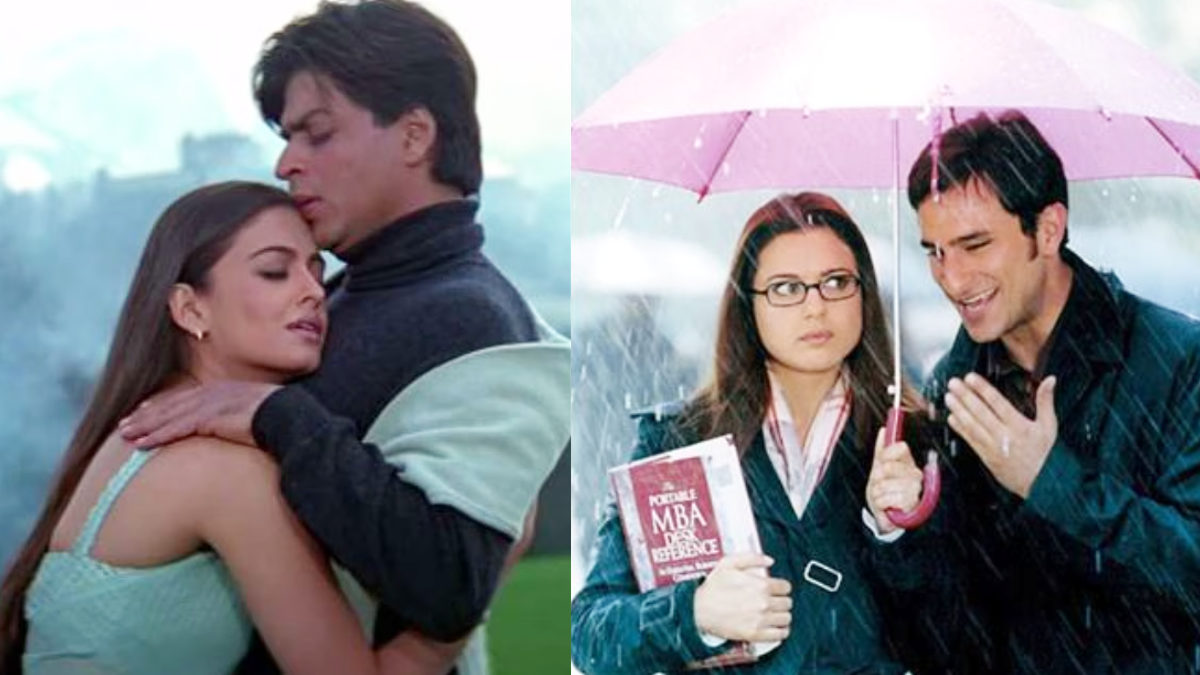Every October or November, as cities glitter with lamps and laughter, Diwali arrives — not just as a festival but as a feeling. It’s the pulse of renewal, a reminder that darkness never lasts forever. Across homes and streets, and just as vividly across movie screens, the celebration becomes a canvas for everything that makes us human — love, loss, family, and the eternal tug between tradition and change.
At its heart, Diwali marks the victory of light over darkness, good over evil, and hope over despair. Rooted in legends like Lord Rama’s return to Ayodhya and Goddess Lakshmi’s visit to earth, the festival carries layers of faith and symbolism. On a personal level, it’s about reflection and renewal — letting go of the old and making space for the new. Collectively, it’s about togetherness: a shared moment when families, communities, and even strangers reconnect through warmth and light.
Bollywood, ever attuned to emotion and spectacle, has long used Diwali as more than festive décor. The glow of diyas, the crackle of fireworks, the pulse of family reunions — all become storytelling devices. Sometimes, the festival mirrors joy; other times, it deepens conflict or marks a turning point. Here are some of the most memorable moments where Diwali didn’t just appear on screen — it meant something.
Hum Aapke Hain Koun..! (1994)
Diwali here is pure celebration — laughter, rituals, and a home overflowing with joy. It captures everything the festival stands for: family, love, and the comforting rhythm of tradition.
Chachi 420 (1997)
Diwali sets the stage for chaos and laughter as disguise and drama collide. Amid the firecrackers and confusion, the festival fuels both comedy and turning point.
Vaastav (1999)
In a world of crime and tragedy, a Diwali moment between father and son cuts through the darkness. The contrast is striking — the festival’s light becomes a brief, almost sacred pause in a life spiraling into night.
Mohabbatein (2000)
In a film about love challenging authority, Diwali becomes the perfect metaphor. The song “Pairon Mein Bandhan Hai” glows with defiance and affection, as young hearts light their own path against strict rules. Light, in this story, is both rebellion and renewal.
Kabhi Khushi Kabhie Gham (2001)
Few scenes capture the emotional weight of Diwali like the one where the family gathers in grandeur and grief. Lamps flicker, aarti plays, and unspoken forgiveness fills the air. The festival becomes the heartbeat of the film — reunion, love, and belonging all rolled into one radiant moment.
Kal Ho Naa Ho (2003)
For a film about love and impermanence, Diwali brings bittersweet balance. The festival of brightness unfolds amid a story shadowed by sadness, reminding viewers that joy and pain often coexist.
Swades (2004)
A village’s Diwali without electricity becomes one of the film’s most symbolic scenes. The festival transforms from spectacle to statement — about light as empowerment, progress, and unity.
Om Shanti Om (2007)
The shimmering lights and grand sets echo Diwali’s dazzle, framing the film’s themes of illusion and rebirth. It’s spectacle with soul — light as both glamour and metaphor.
We Are Family (2010)
Set against flickering diyas and emotional tension, a Diwali scene captures transition — a family redefining itself through loss and acceptance. The light, even in grief, remains steady.
Golmaal 3 (2010)
Loud, bright, and chaotic — the perfect match between the film’s tone and Diwali’s spirit. Fireworks explode both literally and emotionally as relationships crackle and settle into warmth.
Aisha (2010)
Urban, chic, and introspective, Diwali here reflects self-realization. Amid parties and décor, the light symbolizes clarity — a turning point for love and identity.

